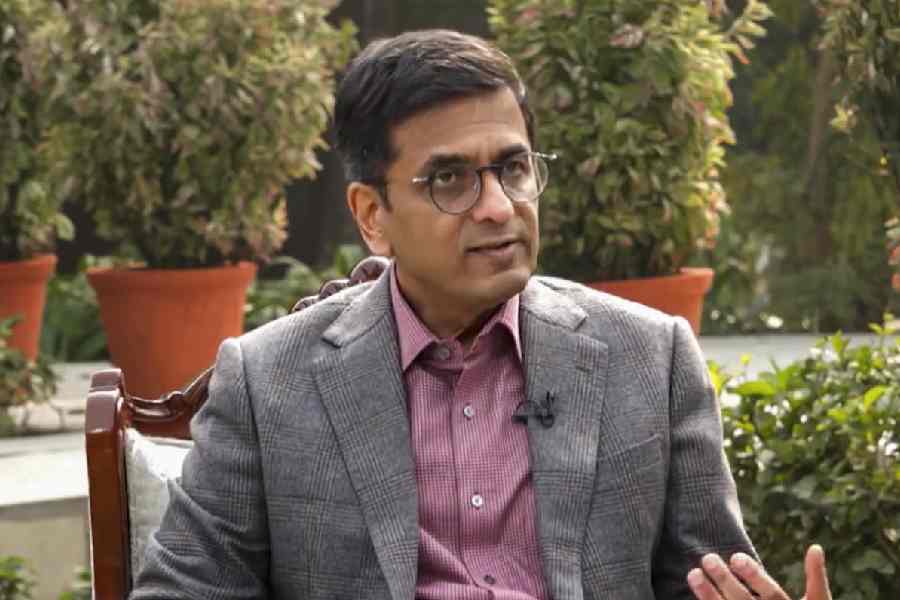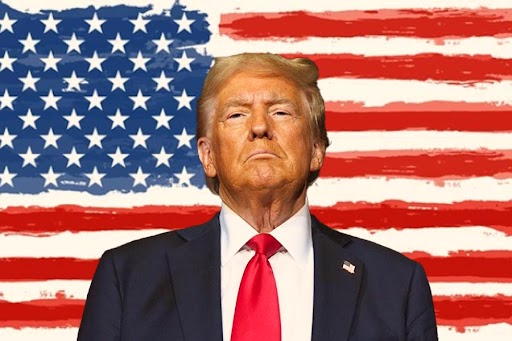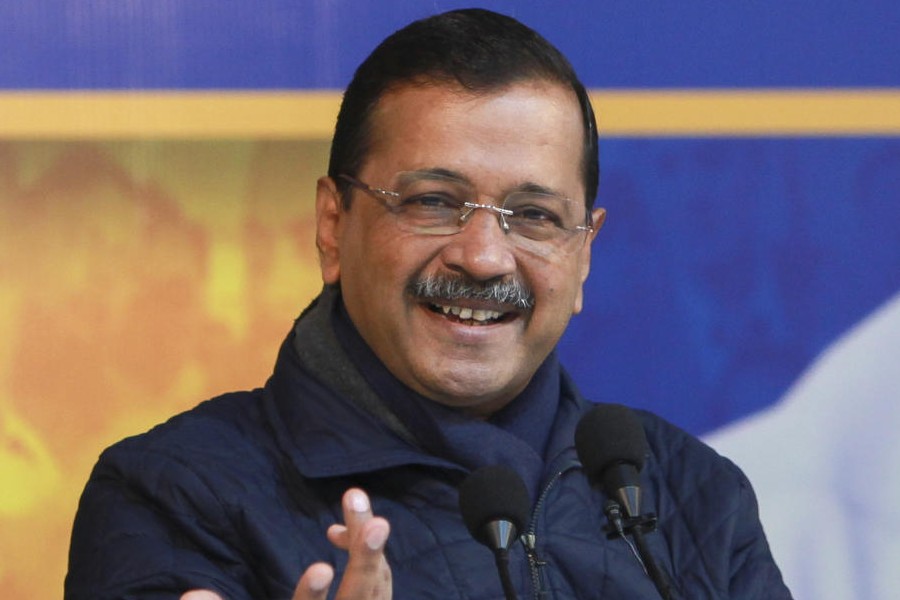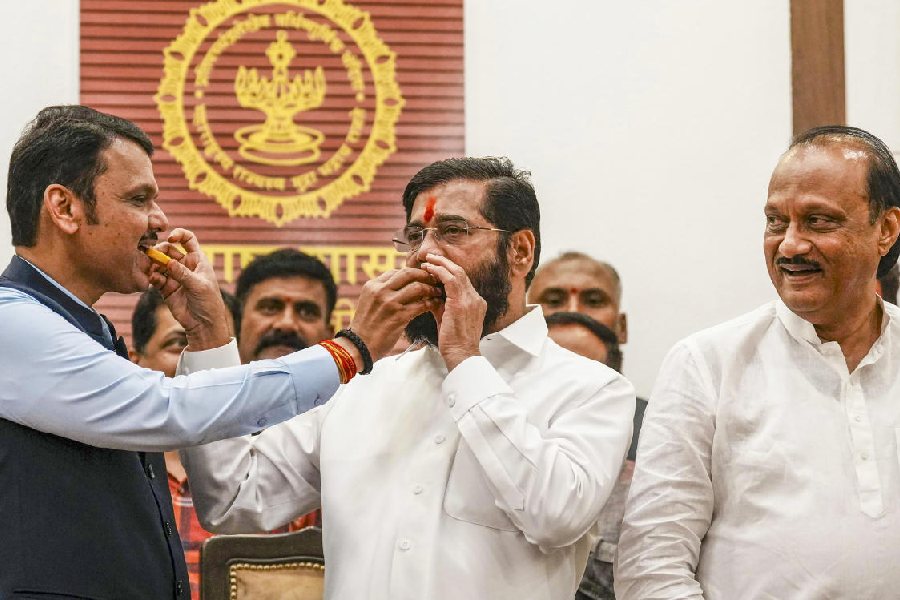Chief Justice of India D.Y. Chandrachud on Monday agreed to consider a plea for urgent formation of a seven-judge constitution bench to examine the kind of bills taken up by Parliament that can be strictly classified as “money bills”.
This comes in the wake of allegations that the NDA government was using several non-money bills as “money bills” in the Lok Sabha to avoid scrutiny by the Rajya Sabha where the government does not have a majority.
“I will take the call when I form the constitution benches,” the CJI, sitting in a bench with Justice J.B. Pardiwala and Justice Manoj Misra, told senior advocates Kapil Sibal and Abhishek Manu Singhvi during the morning mentioning time.
Congress leader Jairam Ramesh is one of the PIL petitioners who had filed the petition accusing the NDA government of routing many bills as "money bills" to avoid scrutiny by the Rajya Sabha.
The two senior advocates were appearing for some of the PIL petitioners challenging the frequent use of the money-bill route allegedly by the government.
Besides the Aadhaar Act, the controversial Prevention of Money Laundering Act (PMLA), 2012, had witnessed several amendments in the form of money bills during the NDA regime.
Article 110 of the Constitution deals with money bills and as per clause 3, “if any question arises whether a bill is a money bill or not, the decision of the Speaker of the House of the People (LS) shall be final”. Thus, it is left to the discretion or subjective satisfaction of the Speaker to determine what constitutes a money bill.
Under Article 109, the Rajya Sabha has no power to amend or reject a money bill. It can best suggest changes, but they are not binding on the Lok Sabha.
In 2014, a five-judge constitution bench headed by then CJI Ranjan Gogoi had referred to a seven-judge constitution bench the question of what constitutes a money bill under Article 110.
This was because the bench had doubted the correctness of another five-judge bench, which had held that the Aadhaar Bill was a money bill. Since one five-judge bench cannot overrule another five-judge bench, the matter was referred to a larger seven-judge bench for an authoritative pronouncement.
In his PIL filed in 2014, Ramesh had complained to the top court that various amendments to the PMLA since 2015 were passed as money bills.
He submitted that till 2013, changes to the law relating to the PMLA had been cleared through ordinary bills. Between 2015 and
2018, the law, however, was amended from time to time as a money bill in violation of the Constitution.
“The PMLA and its provisions have nothing to do with the money bills,” senior advocate and Congress leader P. Chidambaram told the court during his brief submission on the issue.











